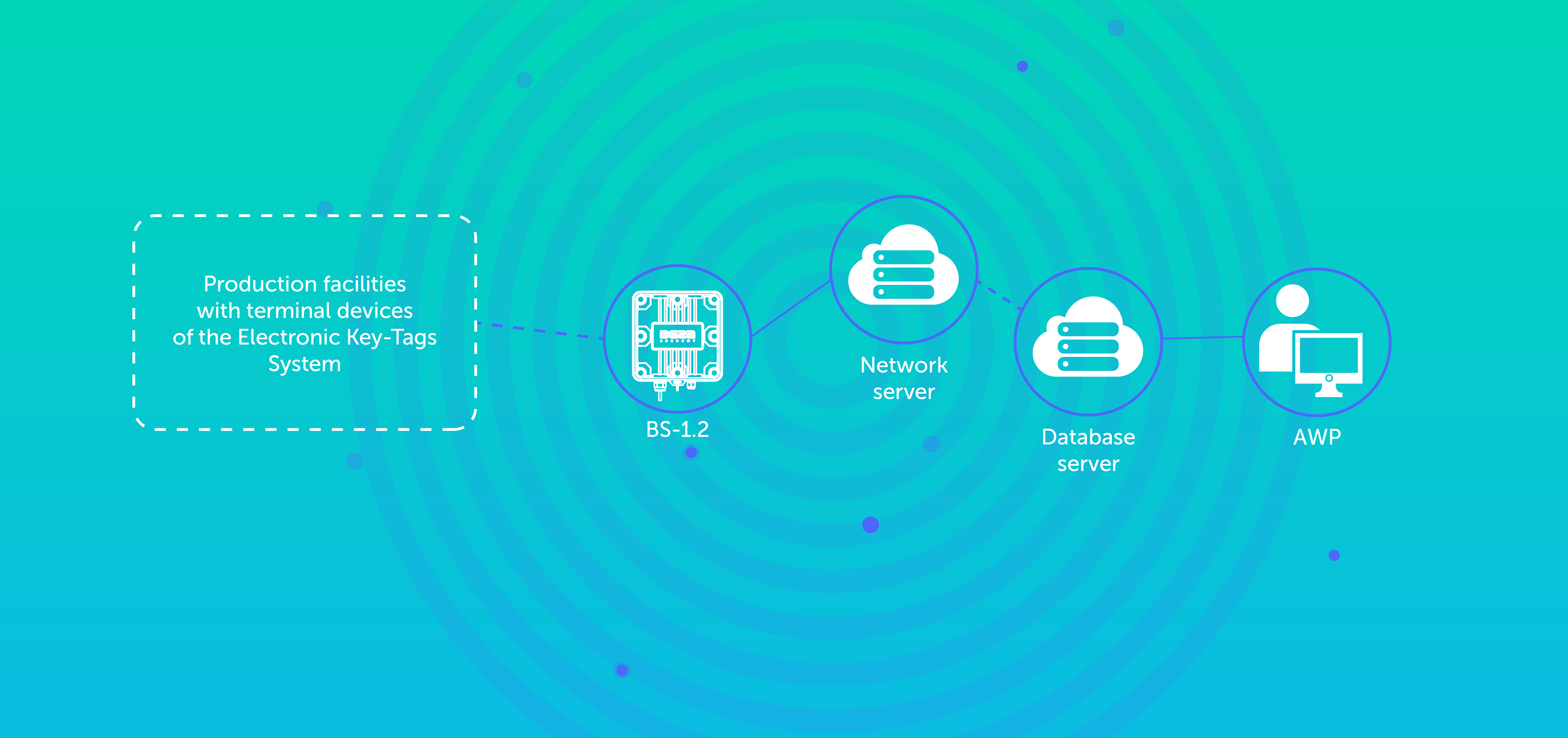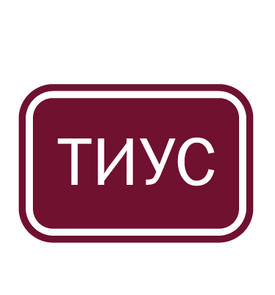Our partner, TIUS LLC, has successfully implemented a LoRaWAN data transmission network infrastructure project at one of the client’s sites, leveraging its expertise and Industrial Internet of Things (IIoT) technologies. As part of the project, to ensure stable system operation, base stations manufactured by us were deployed. The rollout of the LoRaWAN wireless network has enabled the client to establish reliable connectivity for devices within its Electronic Key-Tag System (EKTS) across the entire site, while also laying the foundation for planning and implementing additional IIoT initiatives.
Main Tasks:
- Ensure authorized access only to equipment within the implemented Electronic Key-Tag System (EKTS), using the LoRaWAN wireless data transmission network.
- Provide full-site wireless network coverage across the Severstal-Metiz facility (Cherepovets) to enable future EKTS scalability and implementation of additional IIoT use cases.

Prior to project implementation, a comprehensive set of preparatory activities was carried out. Using test kits, a temporary LoRaWAN network was deployed and field trials were conducted. Based on the results, final documentation was prepared, including signal coverage maps for each workshop of the facility. This enabled the identification of optimal base station locations and the required number of units, taking into account hard-to-reach areas.
In addition, detailed infrastructure design was performed, incorporating all technical requirements and site-specific constraints. This ensured network scalability and reliability, laying the groundwork for future functional expansion and seamless integration with the client’s other systems.
Work Completed:
- A full-site radio survey was conducted to determine the required number of LoRaWAN base stations and their optimal installation locations.
- Network design was finalized, and a comprehensive report was delivered, including detailed LoRaWAN signal coverage maps for each workshop.
- Base stations were installed, and commissioning activities were carried out to bring the system online.
- The LoRaWAN network was configured and tested; warranty acceptance tests were successfully passed.
Project results:
- A LoRaWAN network infrastructure comprising six base stations was deployed, ensuring full-site coverage and enabling solution implementation in previously unreachable areas.
- A LoRaWAN network infrastructure comprising six base stations was deployed, ensuring full-site coverage and enabling solution implementation in previously unreachable areas.
- The implemented system provides efficient control over equipment shared by multiple workers per shift (e.g., overhead cranes and machines in the Repair & Maintenance Shop), improving accuracy in access rights allocation.
- As a result, enterprise safety levels have been enhanced, risks of unauthorized equipment activation minimized, and production process management made more efficient.
For a full solution description and implementation details by our partners, please follow the link.

 Vega BS-1
Vega BS-1 Vega BS-2
Vega BS-2 Vega BS-1.2
Vega BS-1.2 Vega BS-2.2
Vega BS-2.2 Vega BS-0.1
Vega BS-0.1 Vega BS-3
Vega BS-3 Antenna 868-01
Antenna 868-01 Antenna 868-01-A10
Antenna 868-01-A10 Vega SI-11
Vega SI-11 Vega SI-12
Vega SI-12 Vega SI-13-232
Vega SI-13-232 Vega SI-13-485
Vega SI-13-485 Vega SI-21
Vega SI-21 Vega SI-23-232
Vega SI-23-232 Vega SI-23-485
Vega SI-23-485 Vega SI-22
Vega SI-22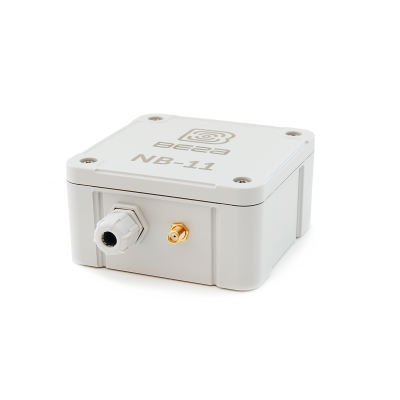 Vega NB-11
Vega NB-11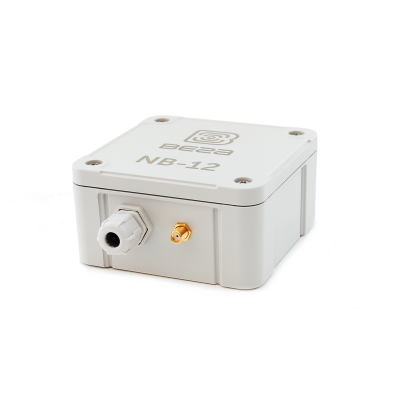 Vega NB-12
Vega NB-12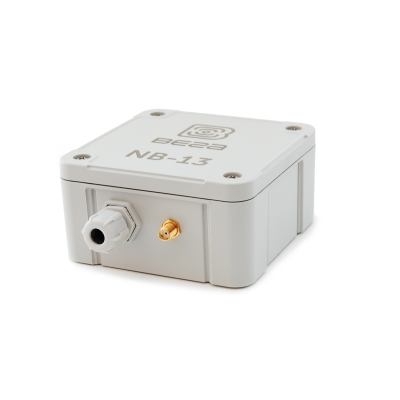 Vega NB-13
Vega NB-13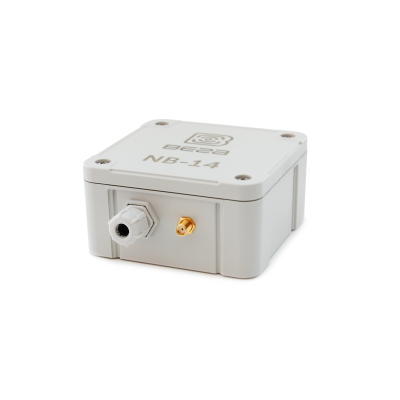 Vega NB-14
Vega NB-14 Vega NB-15
Vega NB-15 Betar-Vega SHVE/SGVE
Betar-Vega SHVE/SGVE Vega TL-11
Vega TL-11 Vega M-BUS-1
Vega M-BUS-1 Vega M-BUS-2
Vega M-BUS-2 Vega TP-11
Vega TP-11 Vega TD-11
Vega TD-11 Vega GM-2
Vega GM-2 Vega SH-2
Vega SH-2 Vega LM-1
Vega LM-1 Vega LM-210
Vega LM-210 Betar-Vega SHVE/SGVE
Betar-Vega SHVE/SGVE CE2726A R01
CE2726A R01 CE2726A W03
CE2726A W03 CE2727A R02
CE2727A R02 CE2727A B04
CE2727A B04 Mercury 206
Mercury 206 Betar-Vega SGBM-1.6
Betar-Vega SGBM-1.6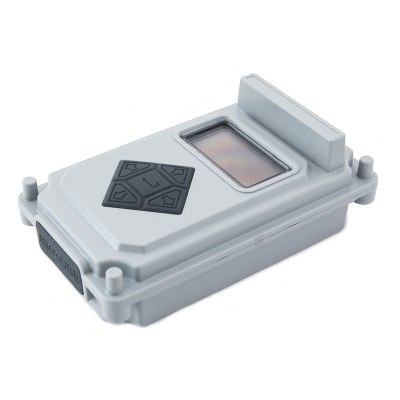 Vega TS-11
Vega TS-11 Vega Smart-UM0101
Vega Smart-UM0101 Vega Smart-HS0101
Vega Smart-HS0101 Vega Smart-MC0101
Vega Smart-MC0101 Vega Smart-WB0101
Vega Smart-WB0101 Vega Smart Badge
Vega Smart Badge Vega TD-21
Vega TD-21 Vega Smart-AS0101
Vega Smart-AS0101 Vega Smart-MS0101
Vega Smart-MS0101 Vega Smart-SS0101
Vega Smart-SS0101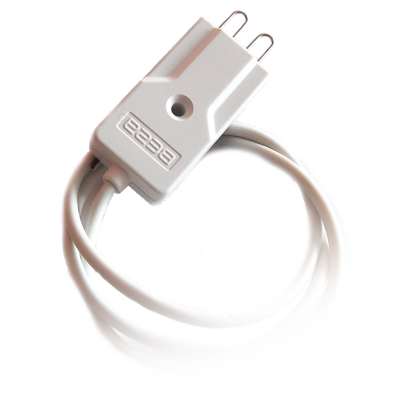 Vega DP-1
Vega DP-1 Vega USB-UART
Vega USB-UART Vega FSK Dongle
Vega FSK Dongle Vega RF32WL
Vega RF32WL Vega RM868-UFL
Vega RM868-UFL Vega RM868-CPA
Vega RM868-CPA VEKTOR-101
VEKTOR-101 Vega Smart Tab
Vega Smart Tab Vega BP 3.6V
Vega BP 3.6V Vega Smart Tab-S
Vega Smart Tab-S Vega BS-4
Vega BS-4 Vega BS-4 PRO
Vega BS-4 PRO